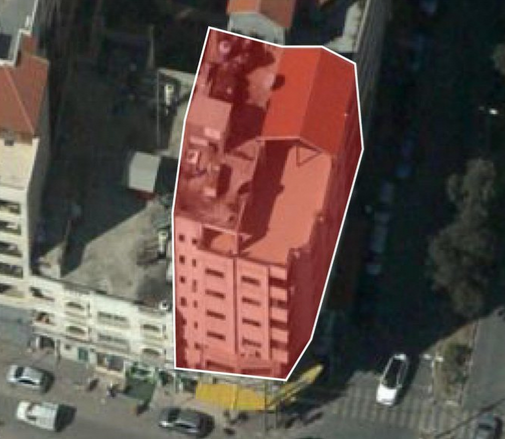Israel claims it has bombed a building housing Hamas cyber operatives in response to a cyberattack launched by Gaza’s ruling militant group over the weekend.
The Israel Defense Forces (IDF) said on Twitter on Sunday that it had thwarted a Hamas “cyber offensive” aimed at Israeli targets.
“Following our successful cyber defensive operation, we targeted a building where the Hamas cyber operatives work. HamasCyberHQ.exe has been removed,” IDF said on the social media network.
 The Times of Israel learned from Israeli officials that the cyberattack took place on Saturday and its goal was “harming the quality of life of Israeli citizens,” but the exact target was not disclosed. Officials said the attack was not particularly sophisticated, but no other information was made public as Israel is allegedly concerned that it might reveal details about its cyber capabilities to Hamas.
The Times of Israel learned from Israeli officials that the cyberattack took place on Saturday and its goal was “harming the quality of life of Israeli citizens,” but the exact target was not disclosed. Officials said the attack was not particularly sophisticated, but no other information was made public as Israel is allegedly concerned that it might reveal details about its cyber capabilities to Hamas.
Israeli officials appear confident in the country’s ability to block Hamas cyberattacks, claiming that the group’s efforts “fail time and time again.”
Israel directed fighter jets to the Hamas building during an escalation in violence with Palestine. Israel reported getting 600 rockets from the Palestinian side and said it responded with air strikes. According to the latest reports, Hamas reached a cease-fire deal with Israel on Monday.
Hamas-linked threat actors have been known to target entities in Israel, including its military, and various countries in the Middle East and North Africa (MENA) region.
Kaspersky Lab reported last month that it had disrupted a large portion of the infrastructure used by a threat group known as Gaza Cybergang, Gaza Hackers Team and Molerats.
It’s not uncommon for governments to launch cyberattacks against their adversaries, including in response to cyberattacks, but we may increasingly see reactions in the real-world as well. Last year, the U.S. Department of Defense suggested countering devastating cyberattacks with nuclear arms.
In 2015, the United States claimed it had killed a top Islamic State hacker, British-born Junaid Hussain, in a drone strike in Syria.











